Some words one can only learn in certain circumstances and times. Even if you have known that word before. Like when I was in Nairobi some years ago, I learnt the meaning of the word arid.
The word I want to talk about today is “Shame”. I have or it has come to me after a long struggle and alienation.
In the last couple of weeks I have been ‘picking’ it up. And 2 days ago I heard it in the exact tone that brought back memories from school days.
Our building has some repair work going on, and there is on elderly aunty in our building Mrs. Cardoza, I was walking past her. She stood there all of 4.5 feet tall, hands on her hips and irritated look on her face as she was admonishing one of the workers, “Don’t just stand there, do something – have you no shame?” Shameless people she muttered.
I couldn’t help but smile, these exact words were used by some of my school teachers. .
I have heard this before – many times, especially connected with “Doing or not doing something”. Not done your home work, hair not properly tied, talking in the class, running in the corridor etc etc. when you also hear a word too often, it anyway does not register. It just become ambient noise. Often I just moved on.
But I did not really know what it meant. Until some years ago. Thanks to Brene Brown, and some of my life circumstances.
According to Brené Brown, a researcher at the University of Houston, shame is an “intensely painful feeling or experience of believing that we are flawed and therefore unworthy of love and belonging.” It’s an emotion that affects all of us and profoundly shapes the way we interact in the world.
Perhaps because I felt so deeply worthy and loved as a child, The word ‘Shameless’ did not land and stick to me. Then.
“Our lives are determined less by our childhood than by the traumatic way we have learned to remember our childhoods.”
― James Hillman
But a few years ago as I started to dwell and enter Shadow work I found it. Hiding there in the dark corner, alone wating and not tired.
Alyce Barry, in her book “Practically Shameless”, one of my favourite books, says “Human Shadow is a box build by Shame. Healing the shame, transforms the box into precisely the life you have wanted”
We feel shame, when we violate the “social norms ” we believe in. At such moments we feel humiliated, exposed and small and are unable to look another person straight in the eye, or even ourselves in the mirror. We want to sink into the ground and disappear. I have felt this. Shame makes us direct our focus inward and view our entire self in a negative light, in that moment.
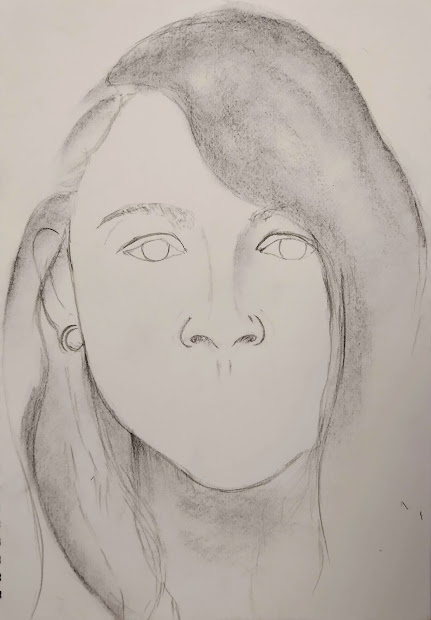
On closer examination, when shame happens there is also a feeling of withdrawal, alienation and disconnection. Or to put it the other way round, when we feel shame, we feel we will now be isolated. And that triggers the fear of disconnection.
Shame is a Fear of Isolation and Disconnection
As human beings, connection is what keeps us human. Although some days I am not sure. And when that is threatened whatever the cause is, is put away in the “Box”.
Through connection with others, we develop a sense of who we are, and our purpose and meaning in our lives. For connection to happen, we must be seen by others. This is the connection of shame and vulnerability.
Growing up, I took on the identity of a “Tomboy”, partly because it served me because I could then hang out with tree climbing, wall walking boys. And partly because I did not want to identify with “those girls” who constantly talked about dolls clothes and hair etc. So, dolls clothes hair- became my shame box. I used to say , “I won’t be caught dead wearing pink”. I did not even know I carried the shame of “feminine” until I did a workshop on exploring the “Sacred Feminine” by Sukhi. It opened my perception to a whole different world.
Since then, and especially in the last decade or so I have gone through many “Identity Quakes”
Shame also has to do with conversation about perfection and imperfection.
A person who feels shame believes that they are not good enough. Mostly good enough to “Belong”. Feelings of shame often stem from what other people think.
The result can be quite painful. The person may become super-sensitive to what feels like criticism, even if it isn’t, and may feel rejected by others. Inside, they feel painful self-contempt and worthlessness, and isolation.
It does not help that the society we live in adds to it for economic reasons. Body shaming, skin colour, religion, caste, address, money, social status, etc etc. “Exploits” this shame and capitalises on the deep Need to belong. It is so Unfair.
We have Shame about Shame.
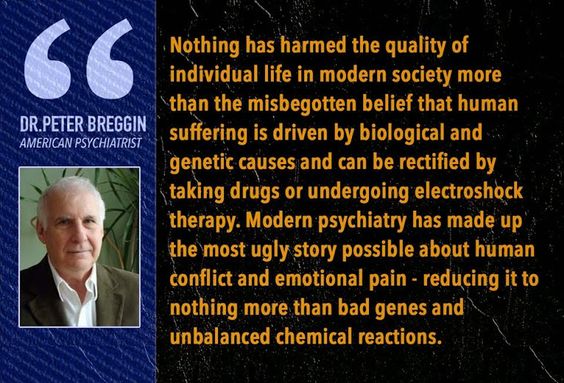
Brene, stresses that shame is a universal, core human emotion and while we all experience it, nobody really wants to talk about it. Ironically, not talking about shame helps it flourish by allowing it to bury itself deep within our mind, hearts and bodies in ways that are not healthy for us or for our relationships with others.
Shame is NOT a disease that needs to be hidden or treated or cured or done away with.It’s an opportunity, a window into the soul. a way to see who we have been a long while ago, before others people opinions mattered so much. It a way to connect to the soul of the world
AND – shame is not just always personal, shame is also cultural. And so often cannot always be traced back to an “individual history”. No wonder some therapy session just don’t seem to move or make any difference. And hence the need for a spiritual axis for a therapist in my view.
Some years ago, when I was in a Group Relations Conference, I discovered, I often just introduced myself with my first name, unless specifically asked for. I was unaware of this behaviour. But when I did notice I went digging in. And Realised to my utter horror, that I carried shame of my “missionary background” – I believed, some of ‘my people’ forcibly converted others to Christianity. Of course with “good intentions” always these good intentions phew!!! and I carried it, unhealed inside me – No wonder I did not like “being forced” anything, I thought. I was fighting a war against Me. Fighting on behalf of all those people who were forced to choose something they did not believe.
I remember I cried a lot that day, I felt such deep soul wrenching grief. I realised that day, lots of time Shame is just trapped grief. And that day something broke open inside of me.
Shame and Guilt
Many also think that shame and guilt are synonymous. They are related but they are not the same thing.
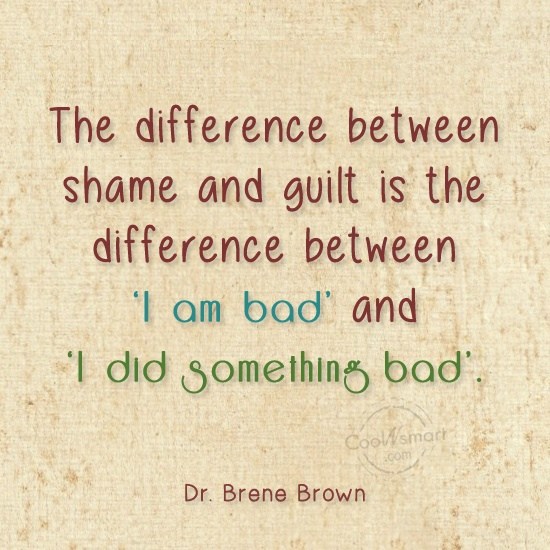
Guilt focuses on behaviour and can be expressed as “I did something bad” or “I made a mistake.” Shame focuses on the self, expressed as “I am bad” or “I am a mistake.”
In Cultural Anthropology, the distinction between a guilt shame and fear society or culture, has been used to categorize different cultures
This classification has been applied especially to so called “apollonian” societies, sorting them according to the emotions they use to control individuals (especially children) and maintaining social order, swaying them into “norm obedience and conformity”
- In a Guilt society, control is maintained by creating and continually reinforcing the feeling of guilt (and the expectation of punishment now or in the afterlife) for certain condemned behaviours. – “Will someone punish me”
- In a Shame society, the means of control is the inculcation of shame and the complementary threat of ostracism. – “Will someone leave me”
- In a Fear society, control is kept by the fear of retribution. The fear worldview focuses on physical dominance. – “Will someone hurt me”
In “The Chrysanthemum and the Sword”, Ruth Benedict, describes the American culture as a “guilt culture” and Japanese culture as a “shame culture”. I wondered then if Fear culture belongs to India.
Moving Through and Forward
So how do we move with this, then, if it is so ubiquitous.
Catherine Mchugh, a researcher in Culture shame that I have been following and learning from, says we need to “Build Resiliency”. For that we need to bring it out of the shadows and feel it fully. Both the Bad AND the Good
Shame Resiliency Theory
Shame Resilience Theory, developed by Dr. Brené Brown, involves connecting with your authentic self and fostering meaningful relationships with others. Moving away from shame requires a move toward empathy.
We need to tap into our own “stories and myths and open them up and bring them to light, talk about them. So many people hide their “shame” about incidents that happened to them, that were not at all their fault. But as we realise it is a Control mechanism.
After I discovered this Culture Shame and guilt I carried, I started off on a quest to find my roots and own the stories, no matter how brutal the pain, and feel the grief fully. I went to Portugal, since my long line of ancestors came from there. And actually went on, what is known as the “Dark History tour”. It is organised literally in the night and it is what it says. I felt the shame so deeply as I stood there and listened to the gory stories. And then I had to also stand there and own, ask for forgiveness from the people who were “wronged” and my ancestors for whom I had some unforgiveness. And for that, I also had to look at the gifts they brought , their light and blessings as well. I felt it was a pilgrimage. And my deep reconnection with my ancient past and healing started.
This dark night of the Soul, I discovered the Healing Power of Shame. To heal it, I had to be more open, more humble, more surrendering, more empathetic, more vulnerable, bring more light.
“To talk about the shame brings it out of it hiding place and heals it with light. It’s a Path to deeper Freedom
Incidentally I became more of and not less of, when I owned my Shame
It does require for us then, to be Vulnerable. And change our narrative of “worth” not as describe by somebody else, but by when we think of ourselves on the inside.
A person with a strong sense of love and belonging believes they are worthy of it. People who possess worthiness have the courage to be imperfect and feel self-compassion. They are willing to let go of who they think they should be, to be who they truly are, and they believe that, what makes them vulnerable makes them beautiful.
Shame is a BAD control Strategy
Shame as a survival strategy is very short lived and unhealthy. And yet people use it as a short cut perhaps. It is deployed in relationships, in homes, in organizations.
“When Shame becomes an overt or covert operating principle – Insubordination is a given” – Brene brown
This statement has been a guiding light for me to “see”. In places where I see insubordination, digging of heels and non-cooperation movement, I know somewhere there is “shame”.
It is ineffective because, neuro-biologically, we’re wired for survival, and shame is a threat to connection, a threat to survival. It’s very hard to experience shame and not have a very limited response to it. People tend to “move away” from contexts and people who “Use Shame” constantly.
But often it becomes so second nature for some, to use caustic language, since they are just often replaying the tapes they have heard. And they do not even realise people have moved away from them.
One of the litmus tests or hacks to remain aware is to “see” and notice, how often people around us say “sorry” or are constantly apologising. It should be an awareness alarm. There is something we are saying, or in the way of saying is causing this to happen. Disconnection alarms should go off ideally !!!
Afterall , If the fear of shame worked as a deterrent to bad behaviour, everyone would be healthy and loving and productive. Instead, shame is highly correlated with things like avoidance, addiction, depression, violence, and aggression.
12 Categories of Shame
According to Dr. Brown, there are 12 categories of shame to be aware of.
- Money and work
- Family
- Parenting
- Motherhood or Fatherhood
- Appearance and body image
- Mental and physical health
- Addiction
- Sex
- Surviving trauma
- Being stereotyped/labelled
- Aging
- Religion
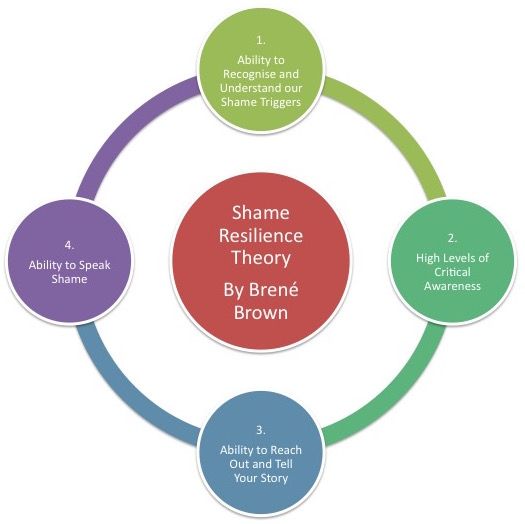
Brene Brown’s Four Ways of building Shame Resilience
1. Recognising, naming, and understanding our shame triggers
2. Identifying external factors that led to the feelings of shame
3. Connecting with others to receive and offer empathy
4. Speaking about our feelings of shame with others
Healing power of Empathy
One of the most important components in shame resilience is empathy, for self and others. It is the ability to understand and share someone else’s feelings. Empathy and vulnerability can lead to feeling valued and seen by others.
While shame isolates, empathy builds connection.
It is important to remember not just to reach out to others when you feel shame, but also to be there for others when they are experiencing shame.
Perhaps we need to look at our own lives and see what is the shame we carry and where does it really belong. The fact that Brene Browns TED talk, “The Power of Vulnerability’ is watched by millions is telling us something. Maybe we need to see, where are we “isolated” and gently dig into the box.
Perhaps, all this suffering in the world is because deep inside we carrying in our bones shame and guilt of the Land, collectively and express it personally. Perhaps if we do our own deep work we can also heal our world, inside and out. Perhaps we carry the shame for the way we have treated this Earth for so long, and are therefore not able to “Ground” and heal.
Fear of shame can make us dangerous, to ourselves and others. Maybe it’s time we brought shame out of the Box, and benefitted from its Soul Healing powers.
Despite this invisible caring, we prefer to imagine ourselves thrown naked into the world, utterly vulnerable and fundamentally alone. It is easier to accept the story of heroic self-made development than the story that you may well be loved by this guiding providence, that you are needed for what you bring, and that you are sometimes fortuitously helped by it in situations of distress. May I state this as a bare and familiar fact without quoting a guru, witnessing for Christ, or claiming the miracle of recovery? Why not keep within psychology proper what once was called providence—being invisibly watched and watched over?”
― James Hillman, The Soul’s Code: In Search of Character and Calling


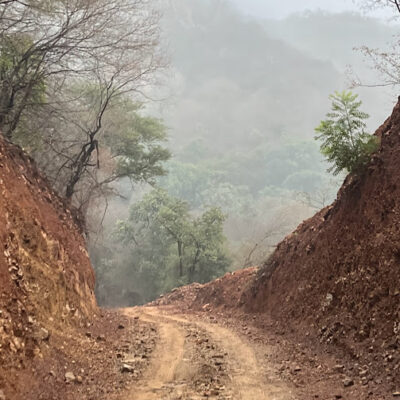



2 Comments